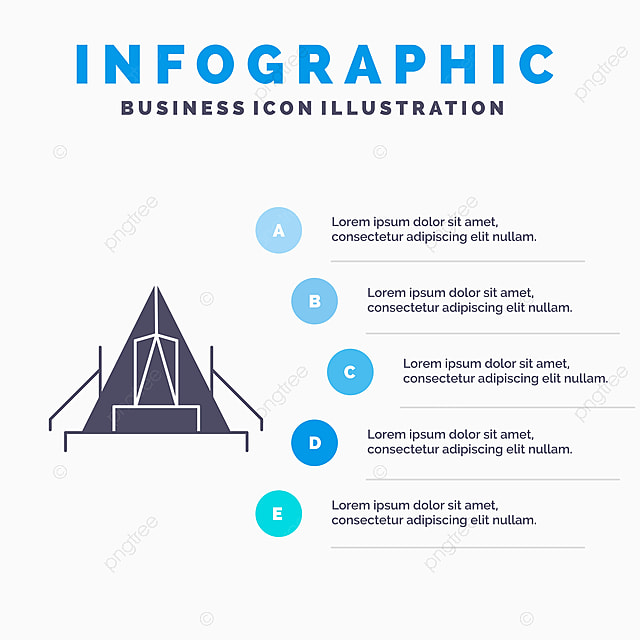A four-season outdoor tents is optimal for winter mountain outdoor camping or cool climates where snow and wind are a provided. High-grade four-season tents supply exceptional insulation and climate resistance for protection in extreme problems.
Reliable four-season tents use construction high quality more than raw R-values. Learn how rigid foam, polystyrene, and other materials keep these tents warmer and drier.
Fiberglass Insulation
Fiberglass insulation is a popular selection for home owners and DIYers aiming to boost their home's power effectiveness. Made from recycled glass and sand, fiberglass is non-combustible and doesn't need added fire-retardant therapy for residential use.
It is commonly a pink-tinted material that can be mounted in numerous kinds, including attics, crawl space joists, and basement walls. It's offered in covering form, referred to as "batts," and is marketed in bags including typical pre-cut lengths and sizes. Encountered or unfaced batts can be put in between joists, while an attic blanket of loose-fill fiberglass can cover a room's floor to mute audio transmission between floors in two-story homes.
Fiberglass' insulating power is measured by its R-Value, which indicates the material's capability to withstand warm flow. A greater R-Value indicates higher shielding capability. This R-Value depends on the climate area in which an individual lives; consult a local building supply company to determine the particular R-Value that will achieve optimum lead to your area.
Polystyrene Insulation
In addition to being a wonderful thermal insulator, polystyrene insulation can supply shock absorption and moisture resistance. It is additionally lightweight and affordable, making it a preferred option for residential applications. Nevertheless, there are some disadvantages to polystyrene insulation.
Among the major problems is that it often tends to take in water, which can endanger its shielding buildings. Enhanced polystyrene insulation has a water vapor permeance of regarding 2-4%, which is higher than most other kinds of insulation.
An additional issue is that polystyrene can thaw when revealed to flame. This can produce dangerous liquified insulation that might leak and spread fire throughout the structure. In order to avoid this trouble, you need to use a fire-resistant polyiso board as opposed to increasing foam. Fabco Thermal Insulation Factory uses polyiso insulation services that meet the requirements of contemporary domestic construction. This insulation protects against warm loss via foundations and boosts home energy efficiency. It is additionally immune to wetness and has a high R-value per inch.
Styrofoam Insulation
Styrofoam insulation is lightweight and insulating, maintaining your camper cozy in rough climate. It is likewise moisture immune, suggesting it will not warp or degrade when revealed to damp conditions.
Many individuals utilize the term "styrofoam" to refer to a range of white foam packaging and disposable mugs, but real styrofoam is closed-cell extruded polystyrene foam that is trademarked as Styrofoam brand XPS insulation. These stiff foam boards are typically blue or pink and have a distinctive look.
This insulation is a popular selection in building and delivery due to its shock-absorbing properties. It is likewise a favored for packaging food and beverages because of its ability to maintain warmth. On top of that, styrofoam is very economical, making it a wonderful choice for makers and customers alike. Considering that its creation in 1941, styrofoam has actually developed a reputation as an ingenious structure item. In 2019, DuPont started reformulating Styrofoam to use a low-global warming possibility (GWP) formula symbolized by a grey shade.
Rigid Foam Insulation
Stiff foam insulation is a cutting-edge building product that uses a series of major advantages. It secures gaps, air leaks and preserves interior temperature level to decrease energy waste and lower energy expenses. It also avoids ice clogging around structures and can help in reducing condensation, mold and mildew and mildew that may cause damage to walls.
Foam insulation can be easily cut with a saw and sliced and snapped like drywall, making it easy to install around obstructions such as wires, junction boxes and bracing. Unlike fiberglass, stiff foam insulation is untouched by wetness and does not transform measurements or take in water.
Foam insulation is fire-rated and does not include formaldehyde or other additives that can negatively impact durability human health. The chemistry of rigid foam insulation also makes it more environmentally sustainable, with high R-values conserving over 40 BTUs of power for each BTU utilized to make the product. This considerably outpaces the power saved by fiberglass insulation which loses approximately 80% of its performance in time.
